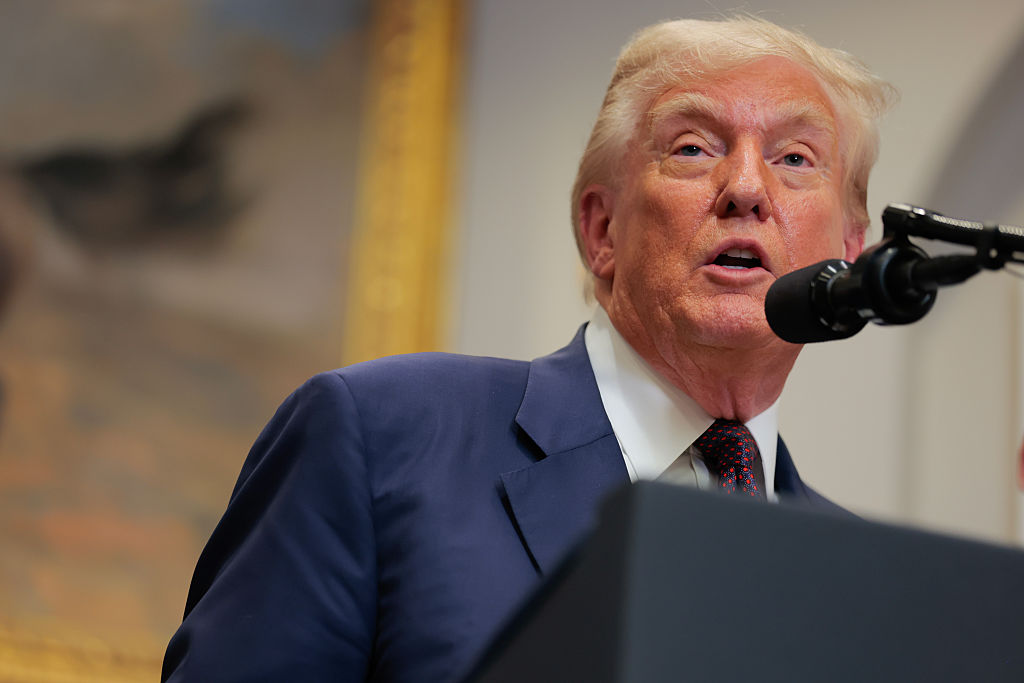Trump Administration Reconsiders Approach to State-Level AI Regulations
In recent developments, the Trump administration has signaled a potential shift in its stance on state-level artificial intelligence (AI) regulations. President Donald Trump recently emphasized the need for a unified federal standard, stating that the industry requires one Federal Standard instead of a patchwork of 50 State Regulatory Regimes.
This statement follows the administration’s earlier efforts to impose a decade-long ban on state AI regulations, a provision initially included in the Big Beautiful Bill. However, this measure was overwhelmingly rejected by the Senate with a 99-1 vote, reflecting bipartisan resistance to federal overreach in this domain.
Subsequently, reports emerged that the administration was drafting an executive order to establish an AI Litigation Task Force. This task force was intended to challenge state AI laws through legal action and potentially withhold federal broadband funding from states enforcing their own AI regulations. However, according to Reuters, this executive order has been put on hold, indicating a possible reevaluation of the administration’s approach.
The debate over AI regulation has been particularly contentious in Silicon Valley. Some industry leaders, especially those aligned with the Trump administration, have criticized companies like Anthropic for supporting state-level AI safety legislation, such as California’s SB 53. This bill aims to impose transparency requirements on major AI model developers, mandating the development of safety frameworks and public safety reports prior to deploying powerful AI models.
The administration’s initial push for a moratorium on state AI regulations faced significant opposition, not only from Democrats but also from within the Republican Party. For instance, Senator Marsha Blackburn of Tennessee expressed concerns about prohibiting states from enacting their own protective measures. Additionally, Representative Marjorie Taylor Greene labeled the provision a violation of state rights, advocating for its removal from legislative considerations.
The broader tech industry remains divided on this issue. While some argue that a unified federal approach is essential to maintain national security and prevent a fragmented regulatory landscape, others contend that state-level initiatives are crucial for addressing specific local concerns and ensuring consumer protection.
As the administration reconsiders its strategy, the future of AI regulation in the United States remains uncertain. The balance between federal oversight and state autonomy continues to be a pivotal point of discussion, with implications for innovation, consumer safety, and the nation’s position in the global AI landscape.



